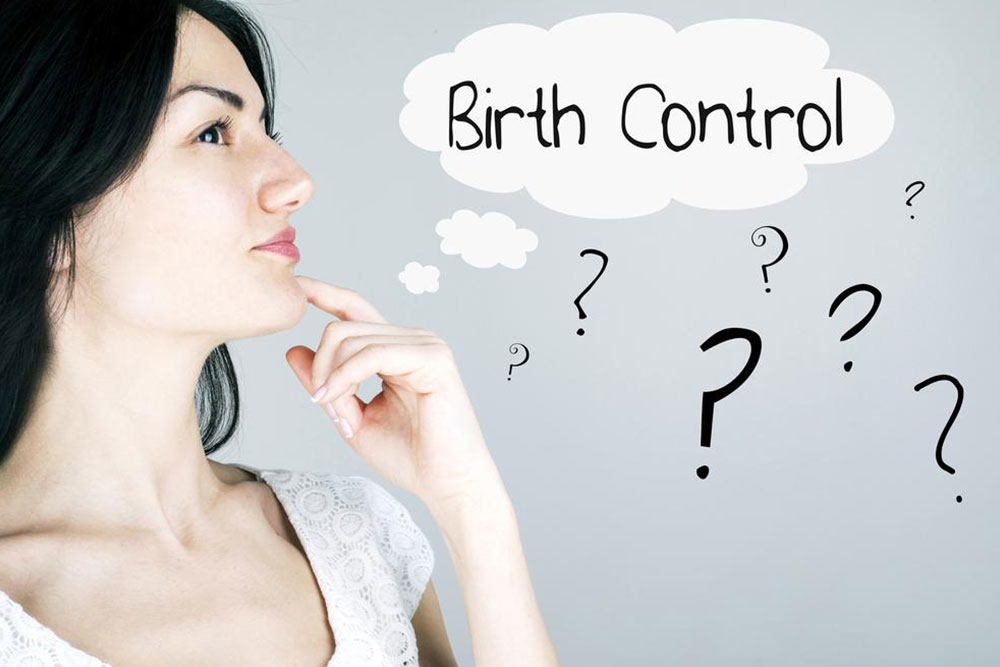Essential Birth Control Choices You Should Know About
This article provides comprehensive insights into various birth control methods, highlighting effectiveness, safety, and considerations for choosing the right contraception. It emphasizes the importance of STD protection, personalized decision-making, and consulting healthcare professionals. Whether you're exploring hormonal, barrier, or permanent options, understanding the pros and cons can help make informed choices about reproductive health and family planning.

Important Facts About Birth Control Methods
Understanding your options for contraception is key to taking charge of your reproductive health. If you're not discussing birth control with your partner or a healthcare professional, it’s crucial to familiarize yourself with the available methods. Accurate information helps you make informed decisions and ensures safe sexual activity. Before engaging in sex, getting tested for STDs and communicating openly are vital steps. Knowing what contraception suits your lifestyle and health will empower you to choose the best method for you.
Here are answers to common questions about birth control options:
Does contraception prevent STDs?
Most birth control methods do not guard against STDs. While they prevent pregnancy, they are ineffective against infections like HIV. The only reliable method to avoid STDs is using male condoms consistently.
Some believe contraceptive pills protect against STDs, but this isn’t accurate. Condoms are the best defense in this regard.
Female condoms also provide limited protection, especially when materials other than latex are used—for those with latex allergies, protection might be compromised.
How do I choose the right birth control?
There are around 18 options, including hormonal methods, barrier methods, natural family planning, and abstinence. The choice depends on personal health, lifestyle, and future plans.
Women should have autonomy over their pregnancy choices, and discussing options with partners is essential. The best method varies per individual, as all have advantages and drawbacks.
What factors should I consider when selecting contraception?
Existing health conditions
Frequency of sexual activity
Potential side effects
Future pregnancy intentions
Number of partners
Comfort level with the method
Which birth control type is most effective?
Surgical procedures—vasectomy for men and tubectomy for women—are highly effective at around 99.9%. They are suitable for those certain they do not want future children. Men may choose sperm banking beforehand as a backup.
Non-surgical options for women include the Essure device, which is 99.8% effective but takes months to become reliable. It works by occluding the fallopian tubes, preventing egg transport.
What are common side effects of birth control?
Hormonal methods like pills may cause nausea, mood swings, skin issues, and menstrual changes. These side effects can be discouraging for some women. Condoms, shots, and sponges often have fewer adverse effects.
If you or your partner experience problematic side effects, consult a healthcare professional before continuing usage for safer options.
Note:
The information shared aims to educate readers across various topics regarding reproductive health. While based on research, it should not be considered definitive medical advice. Always consult healthcare providers for personalized guidance. The website is not responsible for inaccuracies or omissions and does not endorse specific schemes or offers.









